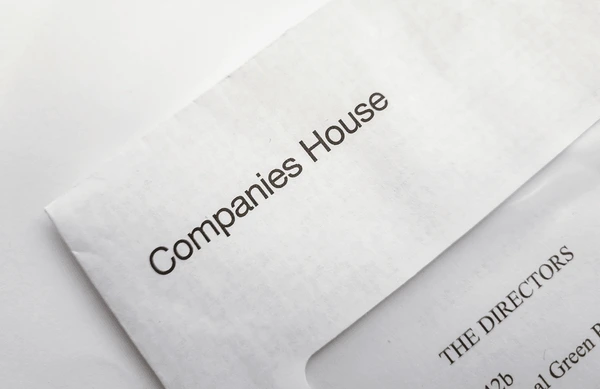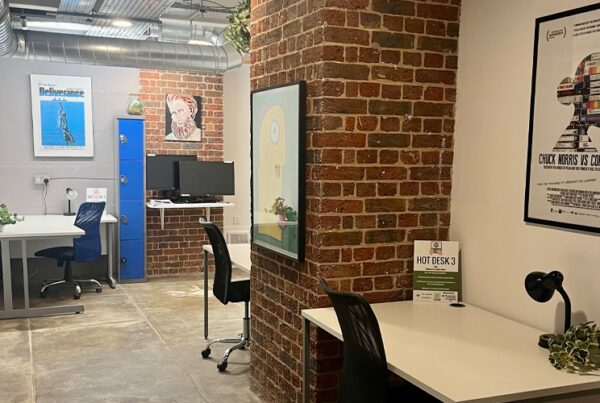Small Business Tax: How to Stay Compliant and Avoid Pitfalls
As a small business owner, managing your taxes is a crucial part of ensuring your business’s long-term success. While taxes may seem complex, staying on top of your obligations helps you avoid penalties, fines, and unnecessary stress. This blog will guide you through key tax responsibilities and provide tips on how to stay compliant with HMRC. Plus, we’ll touch on how business rates apply if you operate from a co-working space.
Understanding Your Small Business Tax Obligations
When you run a small business, there are several taxes you may need to consider, depending on your business structure, location, and the services you provide. Here are some of the most common types of tax small business owners need to be aware of:
1. Income Tax
If you’re a sole trader or in a partnership, you will be liable to pay income tax on the profits your business makes. Income tax is calculated after deducting allowable business expenses, such as office supplies, marketing costs, and employee wages. If your income exceeds a certain threshold, you’ll need to file a Self-Assessment tax return each year.
2. Corporation Tax
Limited companies are required to pay Corporation Tax on their profits. Corporation tax rates are set by the government and can vary, so it’s important to stay updated on any changes. The deadline for paying Corporation Tax is usually nine months and one day after the end of your company’s financial year.
3. VAT (Value Added Tax)
If your business’s taxable turnover exceeds a certain limit (currently £85,000), you must register for VAT with HMRC. Once registered, you’ll need to charge VAT on most of the goods or services you sell and submit regular VAT returns.
4. National Insurance Contributions (NICs)
National Insurance contributions are another important tax responsibility for small business owners. If you’re self-employed, you’ll need to pay Class 2 and Class 4 NICs based on your profits. For employees, employers must also pay NICs as part of the payroll process.
5. PAYE (Pay As You Earn)
If you have employees, you need to operate PAYE. This system allows you to deduct income tax and National Insurance from your employees’ wages and send it to HMRC. You’re also responsible for filing regular payroll reports.
Tips for Staying Compliant with Your Small Business Tax
Staying on top of your tax obligations can feel overwhelming, but it doesn’t have to be! Our very own Freedom Works member, Josh Bull from S J Perry, has shared some hot tips on how to stay compliant with your small business tax. Whether you’re a sole trader or running a limited company, Josh’s insights can help you streamline the process and avoid costly mistakes.
Follow the link to check out Josh Bull’s expert tips for ensuring your business stays on the right side of tax laws!
The Most Important Question of All… Are Co-Working Spaces Tax Deductible?
Yes, co-working spaces are tax deductible—if used for business purposes! Whether you’re using a hot desk, dedicated desk, or office space, as long as it’s solely for business, you can claim the cost.
However, if you’re using the co-working space purely for personal reasons—like grabbing coffee and watching the new season of Traitors on your phone—unfortunately, that won’t qualify. Nice try though!
For more great compliance information on small business tax, be sure to visit Money.co.uk. They offer valuable insights and tips to help small business owners stay compliant and make the most of available tax benefits.





